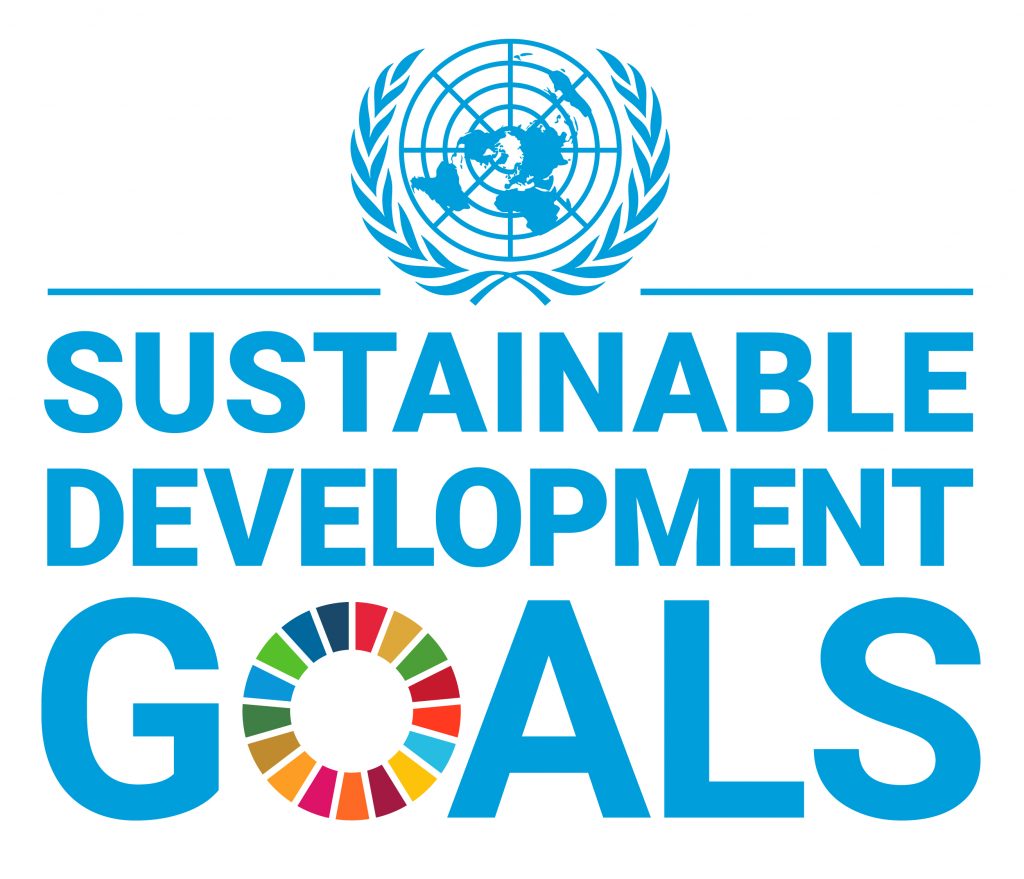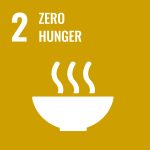Esther Ndichu is a seasoned leader with over 20 years of experience and has held roles such as the Vice President of Public Affairs and Community Relations at UPS Foundation, the Managing Director for Southern and Eastern Africa at UPS, and is the current STEP 2.0 Coordinator at People that Deliver, specializing in social impact and global humanitarian logistics. She emphasises that global hunger isn’t merely about insufficient food; it is largely due to the logistical challenges in distribution. Despite farmers worldwide producing enough food to feed everyone, much of it is wasted during transportation because of inadequate logistics systems. This realisation has fuelled her determination to make a difference.
In rural areas, many farmers work tirelessly but struggle to transport their produce effectively to markets. As a result, food often spoils just a few kilometres from where it is urgently needed. Esther asserts that improving logistics is essential. Enhanced transportation and storage conditions can significantly reduce hunger globally, ensuring food reaches those in need promptly.
A key initiative that Esther worked on closely with the World Food Programme (WFP) is the Logistics Capacity Development Operation. This initiative aims to strengthen food storage capabilities for smallholder farmers, minimising losses due to poor preservation techniques. By providing low-cost metallic storage bins and training on effective storage methods, the programme has achieved remarkable success. A pilot scheme in Uganda, for instance, resulted in a 98% reduction in food loss among participating farmers, allowing previously discarded food to be safely stored and sold at better prices, thus improving the economic stability of farmers.
Esther’s efforts also focus on building strong partnerships. She highlights the importance of collaboration among governments, NGOs and businesses in addressing hunger. Such joint efforts can enhance supply chain efficiency, ensuring that food reaches those in need swiftly. In the wake of natural disasters, UPS and various organisations work together to utilise global transportation networks, delivering relief supplies and food promptly.
Moreover, Esther’s initiatives pay special attention to women’s rights. In many rural communities, women manage household food supplies. Improving food storage and transportation allows them to save substantial time and engage in economic activities, thereby boosting their income and social standing within their families and communities.
Esther’s work exemplifies that tackling hunger involves not merely increasing food production but enhancing logistics and supply chain operations. Her contributions help reduce food waste and foster social change, inspiring others to improve the global food supply chain and contribute to the United Nations Sustainable Development Goal 2—Zero Hunger—ensuring access to safe and nutritious food for everyone.
About SDGs


SDG 2 ZERO HUNGER
End hunger, achieve food security and improved nutrition and promote sustainable agriculture.


